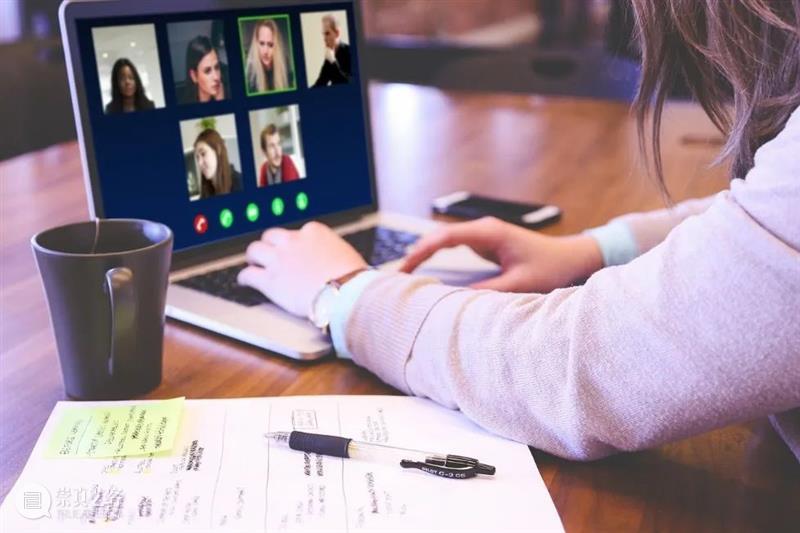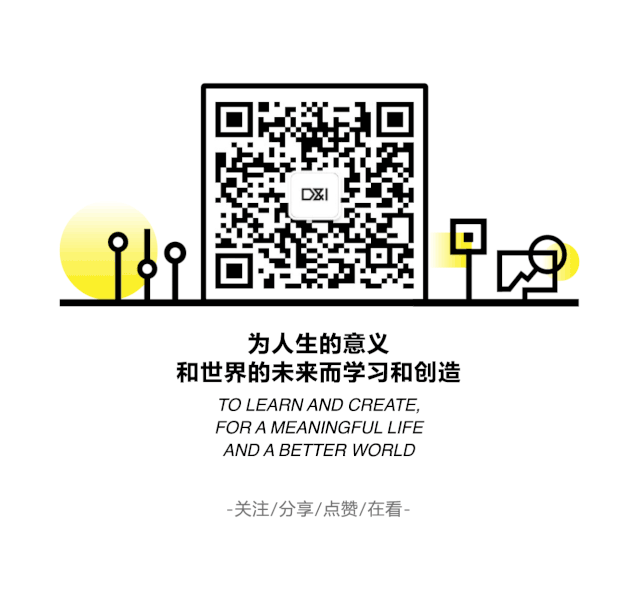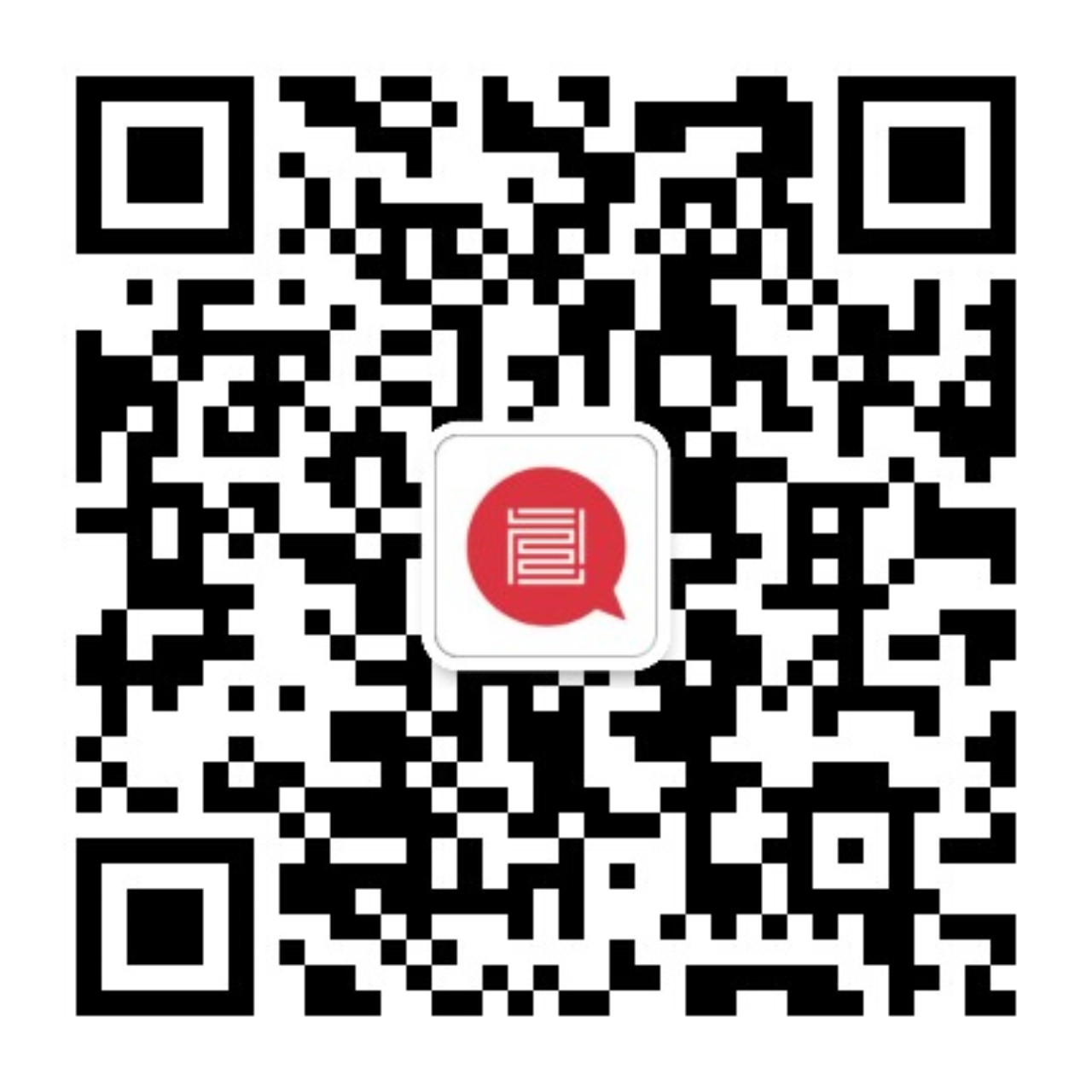
近日,我院教师Alice Comi与Jennifer Whyte和Luigi Mosca两位合作者共同撰写了一篇主题为《Making futures that matter? Future making, online working and organizing remotely》( 《创造重要的未来:创造未来、线上工作和远程组织》)的文章,并发表在《Organization Theory》 (Whyte, Comi, Mosca, 2022)(《组织理论》)期刊上。这篇文章从理论上阐述了如何在在线环境中(例如通过视频会议)创造未来。以下是三位作者梳理的概述,希望对在线工作的管理者(例如设计经理、项目经理或团队经理)有所帮助。
For the English version, please scroll down.

创造有意义的未来?线上工作模式下,管理者可以做这三件事来创造更好的未来
白珍 (Jennifer Whyte, 詹妮弗·怀特) (0000-0003-4640-2913)
Alice Comi (爱丽丝·科米) (0000-0001-9354-977X)
Luigi Mosca (路易吉·莫斯卡) (0000-0002-4239-2239)
随着视频会议在每个组织的工作中变得越来越重要,管理者和他们的团队需要提高讨论的质量来创造未来。我们将未来的创造定义为对可能发生和潜在发生的未来进行理解,并评估、协商和促成更合意的那些可能性。在我们发表在《组织理论》(Organization Theory )(点击文末“阅读原文”可获得原文链接)上的研究中,我们延续了实用主义传统,阐明了线上未来创造的动态和挑战,并提出了补救行动。
在线上环境中,管理者和他们的团队缺乏共同的经历语境,而这对线下的未来创造至关重要。因此,线上环境中对话可能会变得内向和自我参照,其中与未来创造相关的情感和认知也因为线上环境产生了距离。
为了弥补共同经历语境的缺失,我们建议采取三种补救行动,一方面支持多样化异地参与者的线上参与,另一方面将相关(线下)场所、人员和材料引入线上的未来创造之中。
1
留意缺失的内容并寻求反馈
建议的第一个补救行动被称为“征求反馈”。与未来相关的人、地点和事物可能在线上对话中消失(或没有被邀请参与),因此管理者们需要非常明确地考虑在构建未来时他们需要什么反馈。在线上会议中,管理者可以提出问题,让参与者参与线上对话,将他们的经验和反馈带到未来的发展中。
2
考虑多种选择
我们的第二个补救措施是“并置替代方案”。由于线上谈话可以迅速集中在一个可能的未来,而不需要花时间考虑其他选择,管理者需要非常明确地考虑不同的选择。通过比较和对比多个备选方案,管理者可以帮助团队克服共同经历语境的缺乏,从而富有想象力地处理一系列互相关联的工作事项。
3
使用不止一种表现模式
在我们的研究中,我们称第三种补救行动为“改变媒介”。所有对未来的表现模式都是局部的,所以在不同的对未来的表现模式之间转换,对未来有更多的了解是必要的。因此,我们建议管理者和他们的团队采用不同的媒体,例如从线上文档到纸质副本,或者使用不同的软件格式和软件包,以引起人们对以前未考虑到的组织特性和问题的注意。
我们确定的三个补救行动弥补了管理者及其团队在线上会议中所经历的共同享经历语境的缺乏。如果没有我们确定的三种补救措施,未来可能会被草率决定,没有利益相关者参与,或者没有考虑替代方案,亦或没有理解如何将想法转换到计算机之外使用。
我们还建议,这种补救行动对于应对“重大挑战”很重要,并为社会目前面临的未来问题提供了有复原力的组织回应,例如对气候变化、生物多样性丧失、流行病和火灾的担忧。要了解更多关于我们的研究和三个补救行动的理论含义,请阅读我们在《组织理论》上发表的文章:
《创造重要的未来:创造未来、线上工作和远程组织》

Our colleague Alice Comi – with her co-authors Jennifer Whyte and Luigi Mosca – recently wrote the article "Making futures that matter? Future making, online working and organizing remotely," published in the journal Organization Theory (Whyte, Comi, Mosca, 2022). This article theorizes how futures are made in online environments (e.g. via video conferencing). Here is a summary that the three authors wrote for managers (e.g. design managers, project managers, or team managers) who gather online to make futures that are consequential in the offline world.
Making futures that matter? Three things managers can do to make better futures, when working online
白珍 (Jennifer Whyte, 詹妮弗·怀特) (0000-0003-4640-2913)
Alice Comi (爱丽丝·科米) (0000-0001-9354-977X)
Luigi Mosca (路易吉·莫斯卡) (0000-0002-4239-2239)
As video conferencing becomes more central to work in organisations, managers and their teams need to improve the quality of discussions to make futures. We define future making as the work of making sense of possible and probable futures, and evaluating, negotiating and giving form to preferred ones. In our study published in Organization Theory (get the link at the end of the text), we draw on the pragmatist tradition to articulate the dynamics and challenges of online future making and to suggest remedial actions.
In online environment, managers and their teams lack of the shared experiential knowledge that is central to offline future making. Therefore, dialogue may become inward-looking and self-referential within the online environment, with an emotional and cognitive distance from the futures being made far from the offline representations.
We suggest three remedial actions to compensate for the lack of shared experiential knowledge by both sustaining the online involvement of heterogeneous remote participants and by bringing in relevant (offline) places, people and materials to online future making.
1
Be attentive to what’s missing and
ask for feedback
The first remedial action suggested is labelled as ‘soliciting feedback’. The people, places and things relevant to futures can go missing from (or not be invited into) online conversations, so managers need to very explicitly think about what feedback they need as they build futures. Managers in the online meeting can ask questions that call participants into the online dialogue to bring their experience and feedback to bear on the future in development.
2
Consider multiple alternatives
Our second remedial action is ‘juxtaposing alternatives’. As an online conversation can quickly focus in one possible future and not take the time to consider alternatives, managers need to consider different options very explicitly. By comparing and contrasting multiple alternatives, managers might help the team overcome a lack of shared experiential knowledge to imaginatively work across an interrelated set of organizational concerns.
3
Use more than one representation
In our study we call the third remedial action: ‘changing medium’. All representations of the future are partial, so changing between different representations of the future is necessary to understand more about it. We therefore suggest to managers and their teams to adopt different media, for example from online documents to paper copies, or across software formats and packages, to draw attention toward previously unconsidered organizational features and issues.
The three remedial actions that we identify compensate for the lack of shared experiential knowledge experienced by managers and their teams in online meetings. Without the three remedial actions that we identify, futures can be decided too quickly, without engaging relevant stakeholders, considering alternatives or understanding how the ideas can be translated for use outside of the computer.
We also suggest that such remedial actions are important to address ‘grand challenges’ and offer resilient organizational responses to the futures that societies now face, such as the concerns about climate change, loss of biodiversity, pandemics and fires. To know more about our research and the theoretical implications of the three identified remedial actions, please read our Organization Theory article:
Making futures that matter: Future making, online working and organizing remotely

阅读更多:
跨越山海 相约未来!同济大学设计创意学院2022届毕业典礼举行
祝贺!同济校友刘硙担任《The Design Journal》联合主编
我院iDVX实验室发布叙事可视化图表库 Narrative Chart(纳图)!
通知丨2022年同济大学上海国际设计创新学院优秀学生暑期学校活动
王小慧艺术馆×D&I 丨“10000个笑脸”万人共创艺术行动
祝贺!同济与东伦敦大学联合赛队成功入选奥兰治县可持续发展十项全能竞赛(OCSD23



已展示全部
更多功能等你开启...





 分享
分享